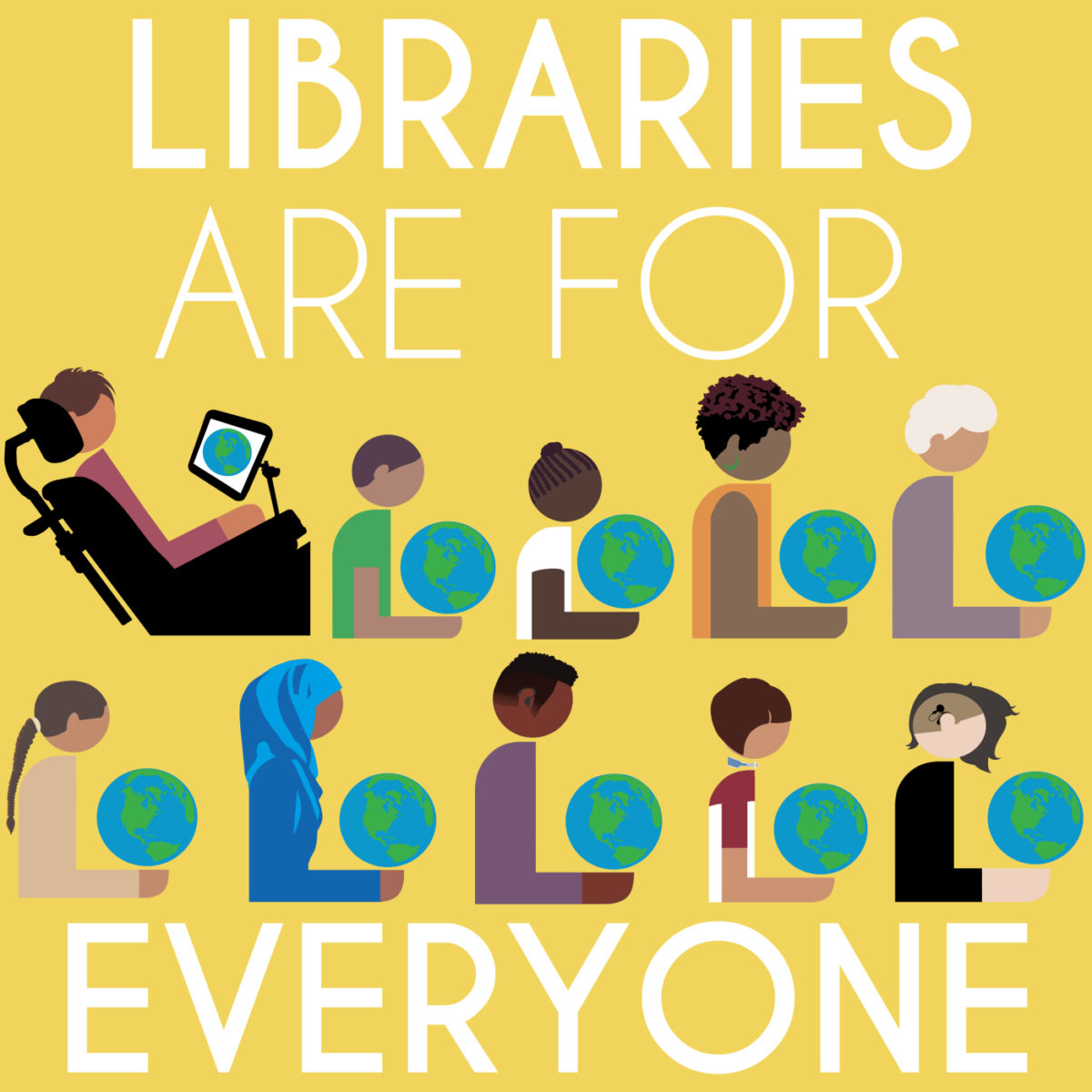Organization brings clarity and peace. On the other, hand living in a cluttered space can feel overwhelming and chaotic. Disorganization often leads to stress, distraction, and decreased productivity. Research shows clutter increases cortisol, the stress hormone, especially in women. A disorganized home sends constant visual reminders of unfinished tasks. This creates mental fatigue and makes it harder to focus or relax.
A clean, decluttered space helps you think more clearly and feel more in control. Studies have shown that people with tidy homes tend to be healthier overall. They also sleep better and report lower levels of anxiety. Organization promotes better time management and smoother daily routines.
Every object in your home should have a purpose and place. When things are scattered, time is wasted looking for them. A tidy space reduces distractions and helps your brain focus on what matters. Even small organizational habits can produce big improvements in mood and energy.
Decluttering
Decluttering is not just about throwing things away, but a habit to develop. It’s about making space for what truly supports your life. Start by sorting items into categories: keep, donate, recycle, and discard. Work room by room, focusing on one area at a time. Celebrate small wins to stay motivated and consistent.
Clutter can also carry emotional weight. Items tied to guilt or nostalgia can create mental roadblocks. Letting go of unneeded things helps you emotionally detach and feel lighter. It clears mental space along with physical space. Your home becomes a sanctuary instead of a source of stress.
Living with Less
Minimalism doesn’t mean living with nothing—it means living with intention. When your space supports your values, you feel more aligned and peaceful. Organized homes also help children learn responsibility and reduce family tension. Everyone benefits from a system that’s easy to follow.
Routine maintenance is key to staying organized. Your goal should be to take 10 minutes daily to reset your space. Return items to their place and resist the urge to accumulate. Before buying something new, ask yourself if it adds real value. Mindful purchasing reduces clutter and saves money long term.
Lifestyle Shift
Decluttering isn’t a one-time project—it’s a lifestyle shift. It requires regular reflection on what you really need and use. Organized homes encourage more intentional living and healthier habits. You’re more likely to cook, exercise, or meditate in a clean, open space. It becomes easier to welcome guests without shame or stress.
A decluttered home reflects a decluttered mind. It’s easier to find joy in your environment and stay motivated. You gain time, energy, and peace from a well-ordered space. Your home should be a retreat, not a source of chaos.
Start small, stay consistent, and build momentum. Organization brings freedom, not restriction. It empowers you to live a more focused, purposeful life. Make space for the life you want to live—one room, one drawer at a time.
For more living tips check: KathyHusserTempe.com









